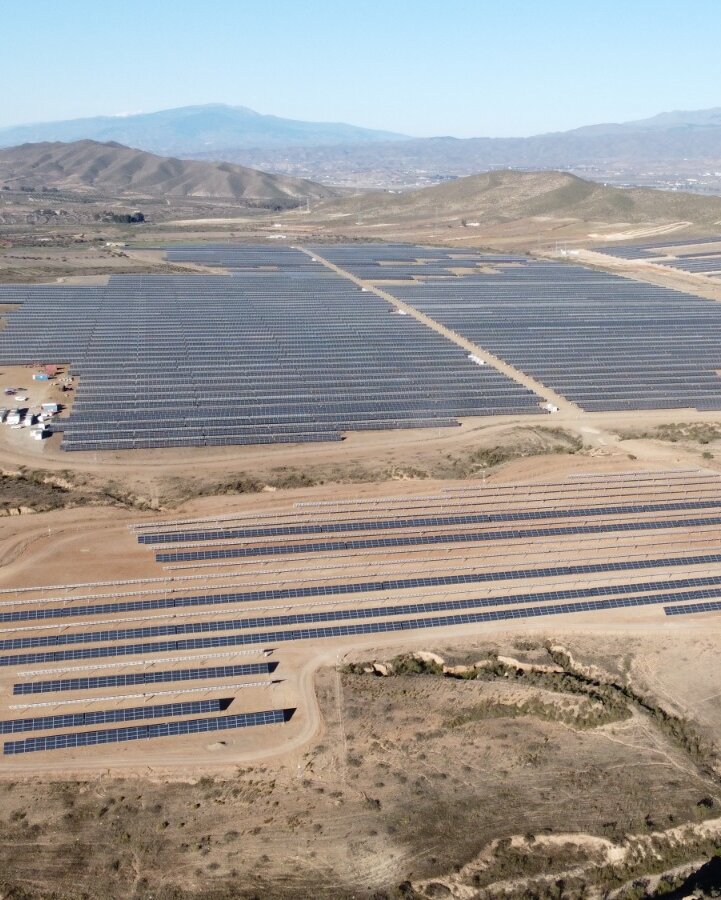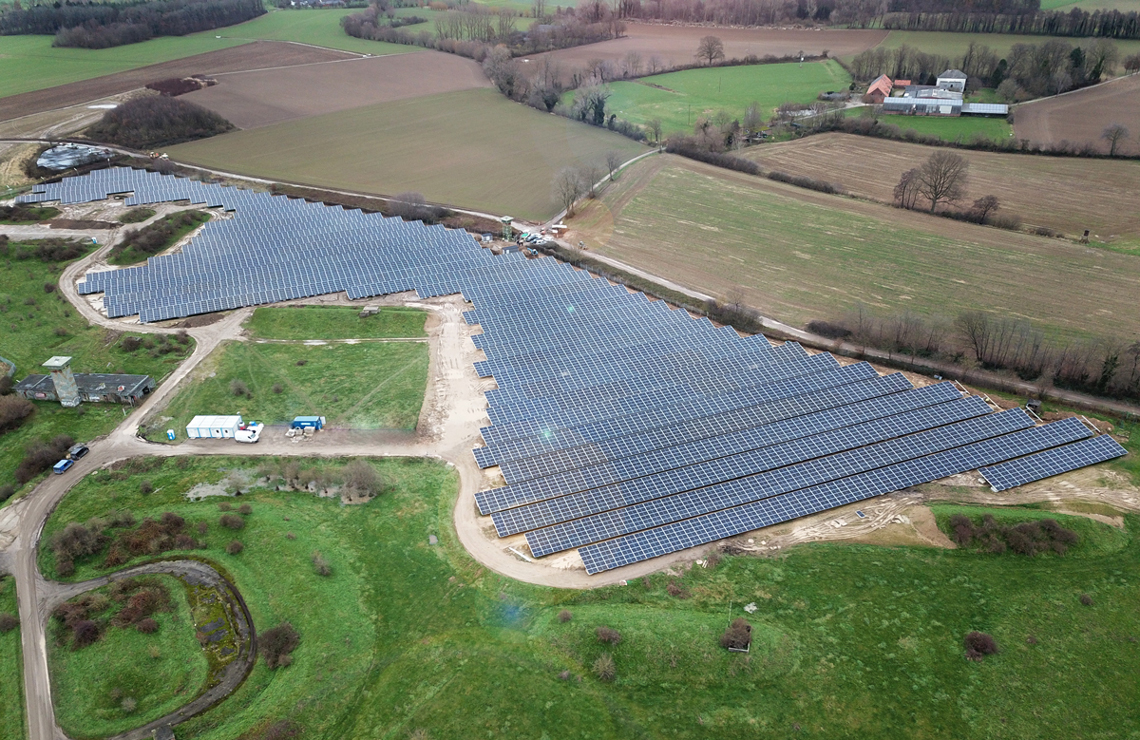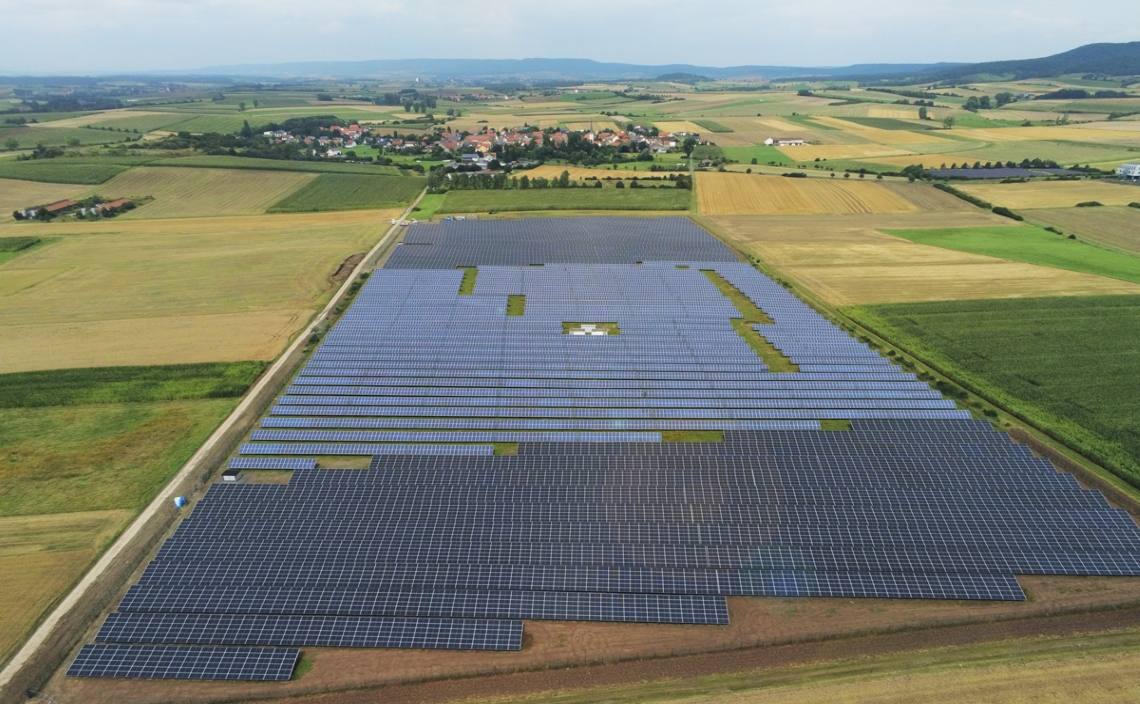
ESG Assessment for Solar Projects
Together, we’re taking on ESG-approved solar parks
Green Investments aren’t just about a corresponding product; sustainability standards must be taken into account throughout the value chain. Increasing legislation requirements in sustainable finance and supply chain management is one such important benchmark. But together with our suppliers, customers and partners, we can create value-adding processes and ensure a sustainable future for renewable energy. Together, we can do it.
Our ESG Standard for Iqony Sens
To ensure sustainability in our economic activities and the value chain, we have defined processes and methods and documented them in our ESG Standard for Iqony Sens. Assessed by external experts, the ESG Standard by Iqony Sens ensures sustainability in all business activities, supply chains and services related to your solar plant, taking the sustainability of our solar projects to new levels and beyond what current legislation calls for. If you require an independent assessment report for your projects, Iqony Sens can provide the necessary documents and contracts.
Scope of the ESG Standard for Iqony Sens:
- Compliance with due diligence obligations in the supply chain in accordance with the Supply Chain Act (LkSG)
- Sustainable procurement by assessing the performance of suppliers according to ESG
- Conformity of business activity with the EU taxonomy
- Sustainability services involving the issuance of an ESG assessment certificate, supply chain mapping, individual contract annexes and much more
Fulfilment of requirements for ecologically sustainable economic activity (incl. the DNSH principle)
Sustainable supply chain through human rights compliance and environmental due diligence obligations
Added value and services for our customers via sustainable solar projects
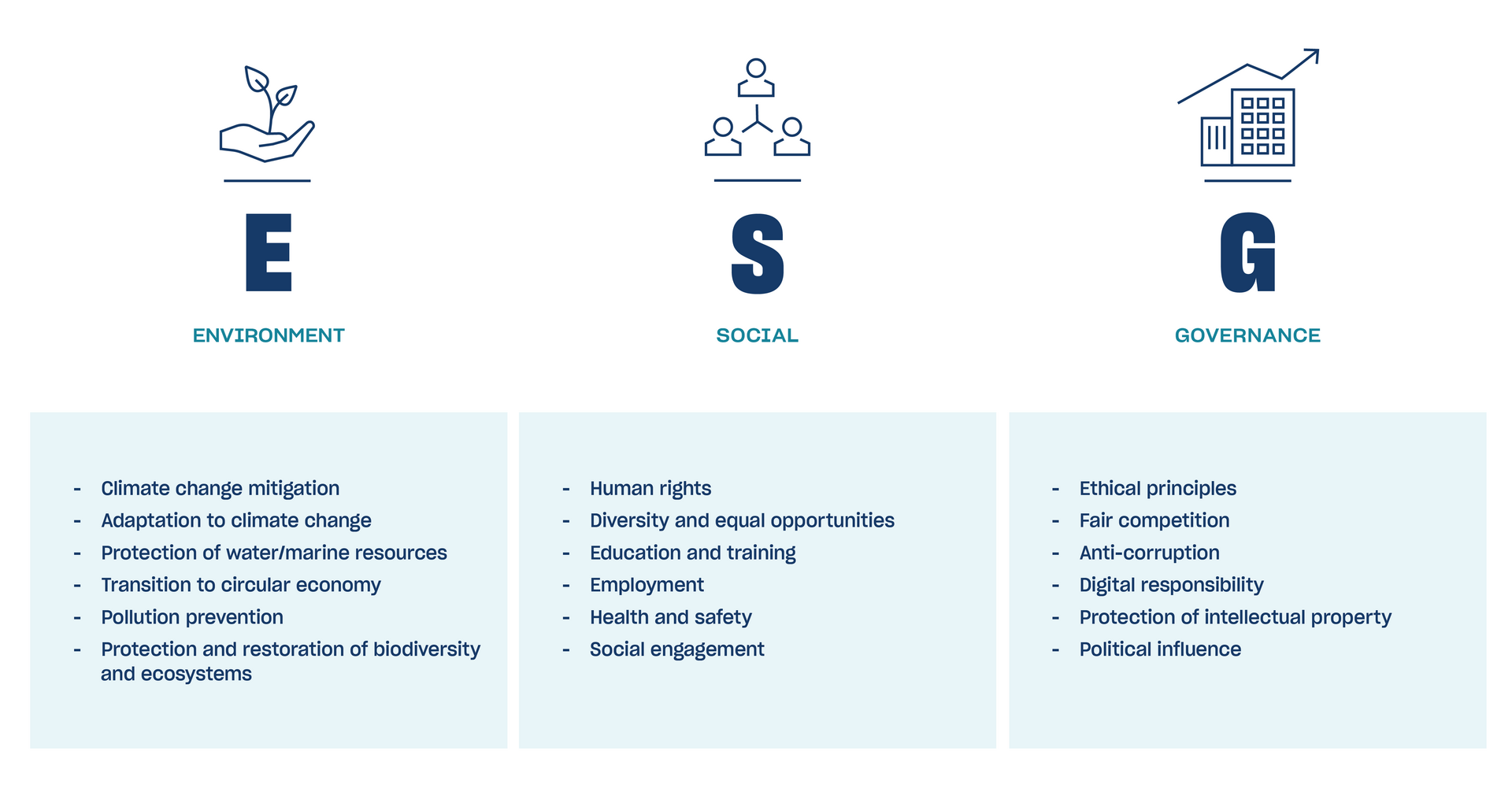
With your solar project as a Green Investment, we’re complying with EU taxonomy
All members of the European Union will be held accountable by its Green Deal to achieve climate neutrality by 2050. To this end the EU taxonomy is providing a uniform understanding of sustainability, which impacts the activities of companies and investors. Investments must therefore prove sustainable in the future based on certain criteria.
As such, the EU is pursuing six environmental objectives:
1. Climate change mitigation
2. Climate change adaption
3. Sustainable use and protection of water and marine resources
4. Transition to a circular economy
5. Pollution prevention and control
6. Protection and restoration of biodiversity and ecosystems
Companies’ ecologically sustainable economic activities have to support at least one of these environmental objectives and ensure that no other objectives are violated in the process. This corresponds to the Do No Significant Harm (DNSH) principle, which is checked against defined criteria.
Solar projects implemented with the ESG Standard for Iqony Sens meet these requirements and offer companies and investors traceable proof of the sustainability of their investments – an integral basis for funding and financing.
According to the EU’s Green Taxonomy, solar projects can be classified as sustainable via the ESG Standard for Iqony Sens:
- Allocation to the energy sector
- Significant contribution to the climate change mitigation objective (eco-balance below the legally regulated limit of 100 g CO2/kWh)
- Compliance with the DNSH principle insofar as establishing risk and supply chain management does not contravene the other environmental objectives
- Fulfilment of the minimum standard
Risk and supply chain management in the ESG Standard for Iqony Sens
The ESG Standard for Iqony Sens regulates the implementation of the due diligence obligations of the LkSG (Supply Chain Act) regarding Iqony Sens’s areas of business as well as the suppliers’.
The following measures are covered:
- Risk management
- Risk analysis
- Prevention measures
- Remedial action
- Complaints procedure
- Documentation and reporting
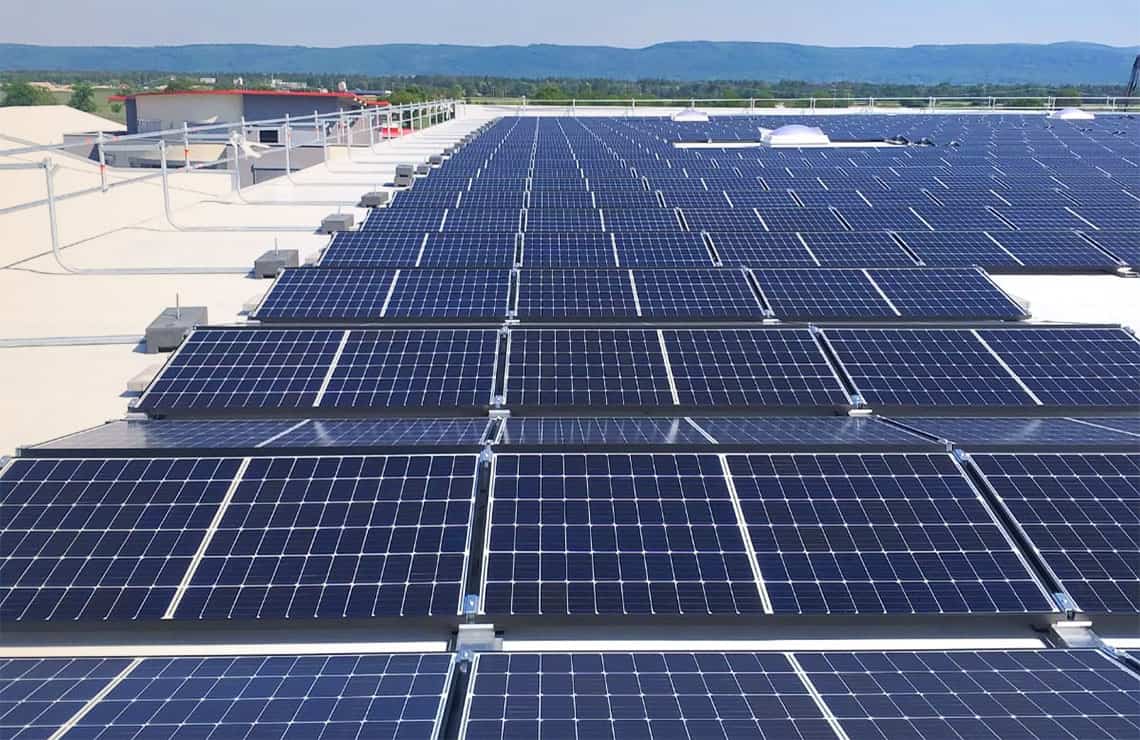
FAQs about the ESG Standard for Iqony Sens
How do I obtain the Iqony Sens ESG Standard certificate?
Iqony Sens offers customers to have their projects assessed by independent evaluators to facilitate official recognition as a Green Investment.
Can solar projects that have already been built still receive an assessment certificate?
Subsequent certification of solar projects according to the ESG Standard for Iqony Sens is possible with appropriate remuneration.
How is the evaluation of suppliers carried out?
The evaluation of individual suppliers is carried out by collecting a supplier self-disclosure via random document checks.
What are the human rights obligations of supply chain due diligence?
The human rights obligations to be complied with result from various conventions, including those of the International Labour Organisation (ILO), which our parent company STEAG and we as Iqony Sens have expressly committed ourselves to upholding (Code of Conduct). These include:
-
Prohibiting the employment of children
-
Avoiding the worst forms of child labour
-
Prohibiting forced labour
-
Prohibiting slavery and similar practices
-
Complying with occupational health and safety obligations
-
Prohibiting disrespect for freedom of association
-
Prohibiting unequal treatment
-
Prohibiting the withholding of adequate wages
-
Preserving the natural foundations of life
-
Prohibiting the unlawful eviction and deprivation of land, forests and waters
-
Prohibiting the hiring of untrained and unchecked security guards
What are the environmental obligations of supply chain due diligence?
The Minamata and Stockholm Conventions (Persistent Organic Pollutants) form the basis for the environmental obligations. These are recognised in the UNGC (United Nations Global Compact) through our parent company STEAG and include the following offences:
-
Products laced with mercury
-
Mercury used in the manufacture of products
-
Treatment of mercury waste
-
Production and use of persistent organic pollutants
-
Non-environmental handling, collection, storage and removal according to conventions
What does the risk analysis of the supply chain according to the ESG Standard for Iqony Sens involve?
This risk analysis involves general risks of the photovoltaic sector (e.g. occupational safety, corruption and illegal expropriation of land), which are classified by country and material. Relevant raw materials include silicon, copper, iron and aluminium. Fields of action are prioritised by evaluating the risks in terms of probability of occurrence and extent.
Where can I find the Code of Conduct and further information about Iqony Sens' sustainable procurement policy?
For all suppliers and business partners, the acceptance of the Iqony Sens Code of Conduct for suppliers and business partners is the binding basis for any business relationship. Our values and policies are available under https://www.sens-energy.com/en/conditions/.
We implement your solar project - worldwide
With our many years of know-how, we ensure trouble-free project implementation and accompany you from the initial signing of the contract to final commissioning.


